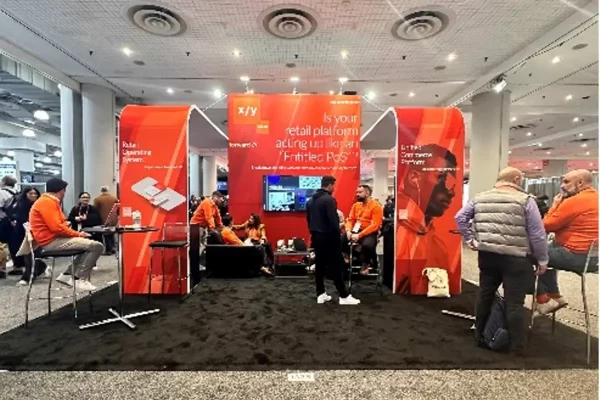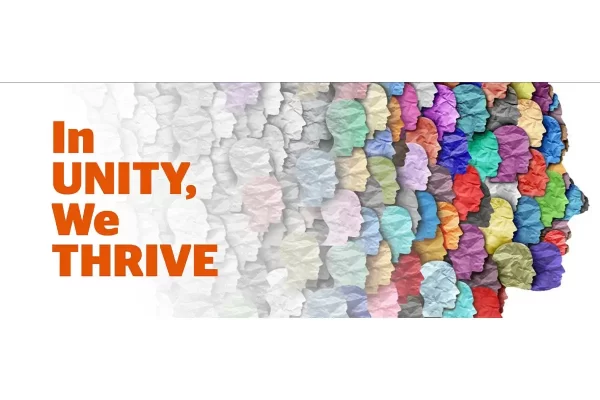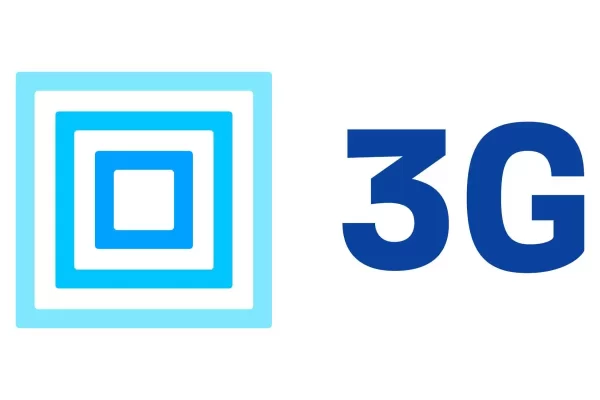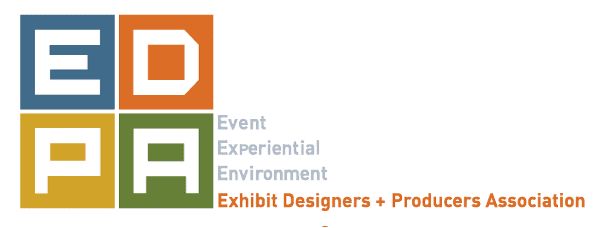 The 2010 federal Patient Protection and Affordable Care Act (aka the federal healthcare reform law) contains game-changing provisions that take healthcare convention marketing compliance to a whole new level. It is important to understand the background behind and the impact of this law because in many cases, pharmaceutical and medical device exhibitors are already making changes to their programs.
The 2010 federal Patient Protection and Affordable Care Act (aka the federal healthcare reform law) contains game-changing provisions that take healthcare convention marketing compliance to a whole new level. It is important to understand the background behind and the impact of this law because in many cases, pharmaceutical and medical device exhibitors are already making changes to their programs.
The Origin of the Sunshine Provisions
Language from a bill originally called the Physician Payments Sunshine Act was included in the final approved version of the healthcare reform act. This provision requires the electronic disclosure to the Department of Health & Human Services of any “payment or other transfer of value” given to a “covered recipient.” The act now defines “covered recipient” as a physician or a teaching hospital. Examples of transfers of value covered by the law include gifts, entertainment, food and travel.
Dollar Limits and Notable Exceptions
Healthcare companies will not be required to report any gifts worth less “than $10, unless the aggregate amount transferred to, requested by, or designated on behalf of the covered recipient by the applicable manufacturer during the calendar year exceeds $100.” The limits will be adjusted for inflation: “After 2012, the dollar amounts specified in the preceding sentence shall be increased by the same percentage as the percentage increase in the consumer price index.” Also excluded are “product samples that are not intended to be sold and are intended for patient use,” and “educational materials that directly benefit patients or are intended for patient use.”
Penalties for Not Reporting
For failing to report transfers of value, the law allows for a penalty of “not less than $1,000, but not more than $10,000, for each payment or other transfer of value or ownership or investment interest not reported.” Penalties per year “shall not exceed $150,000.” For knowingly failing to report, the penalty range is $10,000 to $100,000, and the per-year maximum is $1 million.
The Latest
An early draft of the official implementation guidelines for complying with the Sunshine Provisions was released on December 14, 2011. Even though the original law required that healthcare companies start collecting data on January 1, 2012, a press release from the Centers for Medicare & Medicaid Services (CMS), the agency responsible for developing the rules, states that “CMS is proposing that data collection will not begin on Jan. 1, 2012 and that manufacturers … do not need to begin data collection until final regulations are issued.” Part of the data that will need to be collected and reported will be the National Provider Identifier (NPI), or numbers of physicians to whom items of value are given.
Comments on this initial draft are due February 17, 2012. The document contains extensive details on how to comply with the Sunshine provisions but also indicates that CMS is still deciding on some of the final rules for certain sections. For example, the rules state that “we are also considering whether we should require … that applicable manufacturers report another unique identifier, such as State license number, for physicians who are identified, but do not have an NPI.” Other key provisions in the draft rules include the following:
- Healthcare companies will not need to report food items such as buffet meals, snacks or coffee given out at exhibit booths at healthcare conferences or other similar events where it would be hard for the companies to determine the identities of the individuals accepting the food.
- The law’s original exemption for industry “transfers of value” through third-party entities has changed; according to the rules, if there is a reasonable expectation that healthcare companies will know the individuals receiving their value transfers, then the exclusion does not apply and the value must be reported.
Reports have indicated that a final version of the implementation rules can be expected in the second quarter of 2012. Once that is issued and the healthcare convention marketing industry gets into the thick of collecting and reporting data to be in compliance, interactions at medical meetings will never be the same.
Jennifer Palcher-Silliman is the director of content and education for the Healthcare Convention and Exhibitors Association.





























